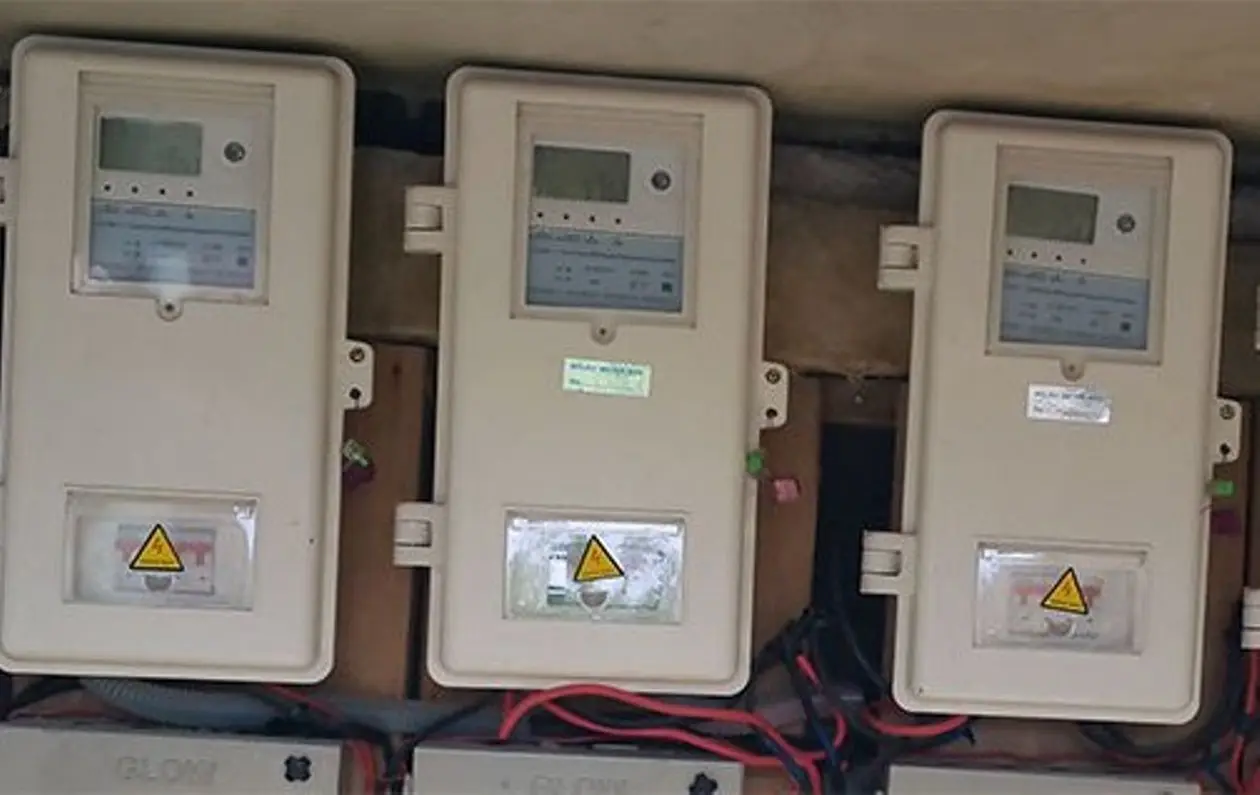Local meter producers in Nigeria are eyeing the regional electricity market in Ghana, Benin, Niger, Chad, Cameroon and other countries in a struggle to sustain business operations.
According to them, the decision follows the botched local content initiative, which the federal government said is still on course.
LEADERSHIP reports that some of their investments are now under threat following what some operators described as the government’s preference for imported meters.
According to findings by LEADERSHIP, some operators are looking for business opportunities along sub-regional lines to survive the harsh business conditions in Nigeria.
The decision in August 2024 by the government to award contracts to three Chinese firms for the supply of meters, according to some producers, indicates non-compliance with local content policy as entrenched in meter supply chains.
In a chat with our correspondent, the chairman of Momas Electricity Meter Manufacturing Company Limited (MEMMCOL), Kola Balogun, a key meter-producing company, blamed the Nigerian Electricity Regulatory Commission (NERC) for not protecting producers’ interests by balancing supply chains through the patronage of locally produced meters.
Government, through the Bureau of Public Enterprise (BPE), signed an agreement with three Chinese companies to deploy 1.43 million electricity meters nationwide. The signing ceremony took place at the BPE headquarters in Abuja.
TCN’s chief executive, Sule Abdulaziz, was represented by Ajiboye Oluwagbenga, the executive director of the Transmission Service Provider (TSP), among other officials.
The three Chinese companies involved in the project are Ningbo Sanxing Medical & Electric Co. Ltd, Ningbo Sanxing Smart Electric Co. Ltd, and XJ Group Corporation.
Abdulaziz praised the initiative, highlighting its importance in addressing Nigeria’s 7.1 million-meter deficit. He stated that the project would significantly reduce the gap between meter supply and demand across the country.
But reacting to the decision, Balogun said the government’s consideration of using low bidding metrics was not encouraging local business, and that jobs in the sector are now under threat.
He said imported meters do not support local voltage fluctuations and that similar projects undertaken in the past led to the withdrawal of some meters in some areas of the country.
He said the local industry has the capacity to supply the needed volume Nigeria is importing from China and that encouraging local industries is about reducing capital flight, capacity retention and increasing the country’s Gross Domestic Product (GDP).
He asserted that this was contrary to promises by the minister of power, Adebayo Adelabu, who gave assurance that the government was working on robust strategic plans and emphasised the need for domestic production to fortify the country’s economic resilience.
Adelabu had stated this while on a facility tour of local meter-producing facilities, including MEMMCOL, in 2024.
During the tour, the minister highlighted the benefits of import substitution, including job creation, technological advancement and enhanced economic stability.
Also speaking on the issue, Osita Odafi, a power sector analyst, said that, currently, there are about 50 local meter assemblers in the country which have been primarily responsible for metering efforts in Nigeria.
Odafi observed that the metering gap in Nigeria was substantial, with less than half of the electricity consumer population currently metered.
According to data from NERC, as of September 30, 2024, only 6,156,726 customers, representing 46.15 per cent of the 13,339,635 registered electricity customers across the 12 DisCos, had been metered.
LEADERSHIP reports that several metering schemes have been introduced by both the government—at federal and state levels—and the DisCos.
These include CAPMI, National Mass Metering (NMMP), Vendor Finance, Meter Asset Provider (MAP), and self-funded metering initiatives by the DisCos.
Odafi noted that the metering gap persists, largely because many of these schemes were not pursued with sufficient vigour.
“Among them, the NMMP stands out as the most ambitious initiative. When the Buhari administration launched the scheme in 2020, it aimed to close the then-6 million metering gap in three phases: Phase 0 (1 million meters), Phase 1 (4 million meters), and Phase 2 (1.25 million meters),” he said.
According to him, the failure of the Federal Government, through the CBN, to adequately fund Phase 1 of the project is a significant factor that contributed to the current metering gap. While the government has moved forward with Phase 2, now funded by the World Bank, the gap remains wide.
He further observed that the high cost of meters adds to the problem, making them beyond the reach of many Nigerians.
“Frustrated by estimated billing, many prefer to subscribe to the MAP scheme but are deterred by the steep and frequently increasing prices. The MAP scheme, intended to bridge the metering gap, has instead left Nigerians at the mercy of meter manufacturers, who frequently hike prices, citing NERC’s recent meter price deregulation policy.”
He said NERC initially introduced price deregulation to support local manufacturers struggling with foreign exchange (FX) volatility. However, FX volatility has since stabilised, raising questions about the rationale for continued price increases during each bidding cycle.
He went on to say that this suggests that some MAPs may be exploiting NERC’s leniency to the detriment of consumers.
“The NERC must intervene to enforce price regulation and strike a balance between protecting electricity consumers and ensuring industry sustainability. For comparison, in the telecommunications sector—another industry heavily reliant on imported infrastructure—the Nigeria Communications Commission (NCC) regulates tariffs despite the rising operational costs faced by telcos. A similar approach is necessary in the power sector to prevent exploitation and promote equitable access to metering solutions.” Odafi said.
He said that though, at present, nearly all meter components are imported, with only assembly taking place locally, relying entirely on full-scale importation would result in significant capital flight and job losses.
Nigeria’s meter assembly industry has created thousands of jobs, employing both professional and casual staff across various assembly plants. These local assemblers play a critical role in sustaining employment and contributing to the country’s economic stability, he added.
On the quality of locally produced meters to meet Nigeria specifications, he said NEMSA was responsible for ensuring compliance with metering standards and codes in Nigeria and expressed the belief that the quality of meters in the country is satisfactory, as NEMSA rigorously tests and certifies all meters before they are deployed for installation.
On the positive side, he said, all 1 million meters installed during Phase 1 of the NMMP were sourced from local manufacturers, showcasing their capability. However, this progress has been undermined by the Federal Government’s decision to award contracts for Phase 2 of the NMMP to two Chinese firms, Sanxing and XJ.
“Consequently, the 1.4 million meters for this phase will be imported into Nigeria by these foreign companies. Nigerian firms are relegated to supporting roles in areas such as port clearing, warehousing, transportation, logistics, installation, and post-installation services,” he said.
On how to resolve this gap issue, Odafi said: “Although meters are classified as DisCo assets, the Federal Government, as a part-owner of the DisCos, should explore alternative ways to fund metering. Alternatively, the government could compel the DisCos to allocate more resources toward infrastructural investments, including metering. Without adequate metering, DisCos face significant challenges in accurately billing customers, which ultimately results in revenue losses for the DisCos and undermines the financial sustainability of the power sector.”





